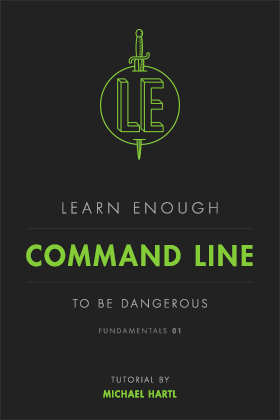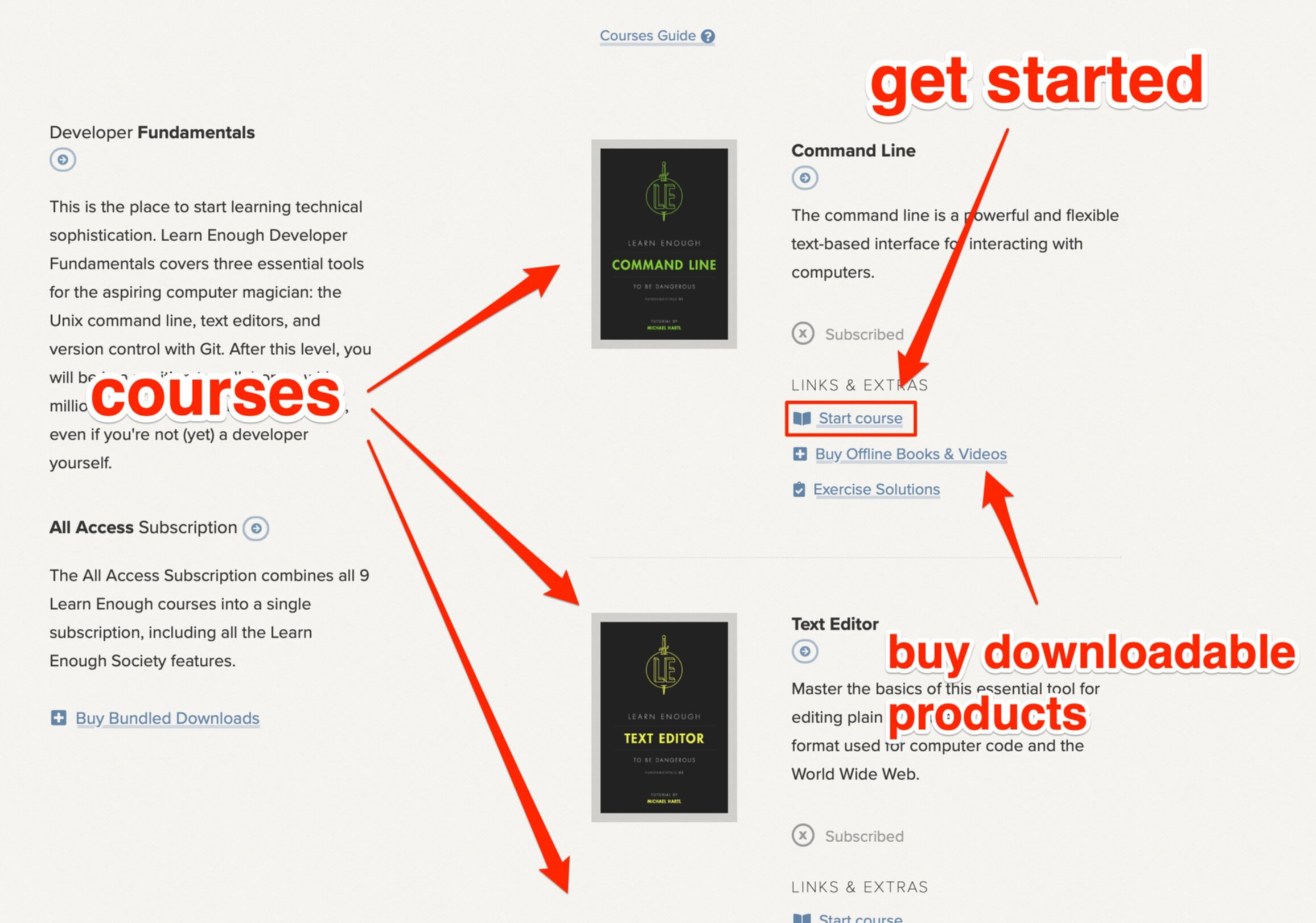
Entry-Level Developer: What Salary to Expect as You Start Your Coding Careerment
Software development is one of the most popular industries today. It offers many versatile roles, and new innovations change the landscape every few years. You can become a mobile, game, and web developer, and there are a lot of resources for learning on the internet.
There are a lot of free resources that can help someone become an entry-level developer. However, an entry-level developer's salary varies from one field to another, and there’s a lot of information about the current state of the industry that can confuse someone.
This article addresses some of the latest IT industry trends and help you understand the salary level for fresh developers. It also breaks down some of the critical skills you should have if you’re interested in becoming a software developer.
State of software development in 2024
The rise of artificial intelligence and machine learning software primarily marks the current era of software development. Some people say that AI will take our jobs as developers.
While this is more of a scare than a fact, emerging software developers should understand some AI concepts and use them for their own good. For example, I’ve been working on JavaScript projects, and I’ve been using ChatGPT to solve bugs and syntax errors that occur.
If you’re interested in learning AI development, you’ll likely increase your chances of landing a job as a software dev. For example, according to Bloomberg, the number of machine learning engineer jobs increased by almost 70%.
Between 2021 and 2023, job openings increased, and today, we’re back at the pre-COVID levels. While the number of job openings decreased, there are still more than 140,000 job openings for software developers in the US.
If you want to work remotely, you’ll find even more opportunities, although international roles are more competitive.
In terms of technology, other interesting trends include an increase in popularity of:
No-code and low-code environments,
Entry-Level developer salaries,
Blockchain development,
FinOps and GreenOps,
Internet of Things

Entry level software engineer salaries differ depending on the industry and the programming language. The competitiveness of a certain field also plays an impact. For example, there are around 17 million Java developers, and 2 million of Rust developers.
When it comes to their average earnings, Java developers have a median salary of $117,000 while Rust developers have a median salary of $150,000. The number of job offerings is also a lot smaller for Rust software engineers.
According to Glassdoor, software engineers earn an annual average salary of $100, 265 per year. The average hourly rate is $48 in the US. However, it’s worth mentioning that a third of entry-level jobs have a yearly between $48,500 and $67,999.
If we compare it to another industry, the average salary of a creative writer is $54,981, with most of the jobs being between 48,000$ and 50,000$.
Here are the average yearly salaries for some of the popular programming languages for entry-level positions:
Ruby on Rails: $122,113
Python: $121,932
C++: $120,212
JavaScript: $106,583
Golang: $88,976
C#: $55,594
On average, software developers have a Bachelor’s degree, but many experts are self-taught or obtain knowledge from boot camps and courses.
Skills entry-level developers must have
An entry-level software developer should mainly focus on learning a specific programming language. It’s obvious, but whatever language you choose, you should have a broad knowledge of it and understand the standard concepts.
Depending on your career goals, you should have experience with certain frameworks and tools used in specific industries. This is especially important for languages such as JavaScript, where knowledge of particular frameworks is essential for job seekers.
They are vital for developing modern and reliable web applications, but each programming language and industry has its standards.
It’s highly recommended that an entry-level software developer learn how to use version control systems such as Git and Github. They are used for collaboration between individuals and teams. Understanding basic operations like commits, branching, merging, and pull requests is valuable for developers.
What’s even more critical about version control systems is that they serve as a way of showcasing your knowledge. They act as a portfolio and help recruiters understand you’re familiar with industry standards.
Software development itself is problem-solving. You’re presented with a task and must devise an optimal way of completing it. Practicing your problem-solving skills through platforms like LeetCode is a great way to improve your programming knowledge.
Furthermore, solving programming problems on such platforms can help you increase your chances of getting a job. Many tech companies, including giants like Facebook and Google, use such programming problems to interview developers.
Additional skills that are worth having

Once you have a firm knowledge of a specific programming language, exploring other complementary technical skills can make you a better expert. You should learn more about cloud, computer networks, and cybersecurity.
Understanding different technical topics can help with specific projects and help you become a more versatile expert. Of course, learning something as broad as cybersecurity isn’t a walk in the park, but it can be beneficial if you understand the basics.
Besides technical aspects, obtaining social skills is extremely important if you want to stand out. Most importantly, communicating is beneficial for both the hiring process and the future collaboration with your team members. Utilizing tools like top echelon software can assist in identifying candidates who possess the right combination of skills, ensuring a cohesive and productive team dynamic.
If you want to be a remote worker, leveraging communication platforms is also a great plus. When you start working as a software engineer, you’ll have mentors and managers who’ll organize your workflow through Agile practices like Scrum or Kanban.
Suppose you’ve already worked in other industries. In that case, chances are that you’re already familiar with Agile practices, communication, and time management, making those skills directly applicable to entry-level roles in software development.
How to stand out as an entry-level developer
We’ve already talked about the importance of mastering a programming language. However, you must communicate your skills to the hirer. To do this, you can leverage version control systems and provide them with insight into documentation, code quality, and project diversity.
On the other hand, you can use a web hosting platform, such as Wix or Squarespace to publish your personal and freelance projects on your website. This is an excellent way of showing that you’re tech-savvy besides the language you specialize in.
You can also contribute to open-source projects. This is an excellent way to show that you’re open to collaborating and being passionate.
However, just because you need to showcase your programming skills doesn’t mean sending a link to coding projects is enough to land a job. Creating a good-looking resume and writing a great cover letter is extremely important.
What programming language to choose?

We’ve already covered the salaries for entry-level software engineers specialized in different programming languages. While salary can motivate you, it shouldn’t be the only reason you’ll embark on a learning journey.
To decide which programming language to choose, you should consider some of the fields you’re most passionate about. If you’re interested in game development, look at C#; if you have an idea for a mobile application, consider Kotlin and Swift.
Programming languages are only tools for completing a specific task, and each industry has different challenges and complexities. You can also look at the industry demand and whether your region has job openings.
Programming languages all have their own learning curve. Not all of them have a lot of resources available. However, don’t let the lack of resources or the challenging learning experience demotivate you from becoming a software developer.
Conclusion
Although there are fewer open roles than a couple of years ago, software developers can still find many opportunities. If you’re passionate about programming, you shouldn’t worry, as your learning experience will be enjoyable, and the recruiters will see your talent.
With resources such as the ones you can find on Learn Enough, you’ll be able to obtain the necessary skills to land your first job or a gig. If you combine them with soft skills and overall tech knowledge, you’ll be on a path to becoming a great expert.
Arm yourself with patience for learning and job-seeking, as the job market is quite competitive and crowded.
About Learn Enough
At Learn Enough, we provide carefully designed courses to take you from a beginner to a professional-grade developer.
Every Learn Enough All Access subscription includes the acclaimed Ruby on Rails Tutorial, our leading introduction to full-stack RoR development.
If you manage a team of developers, Learn Enough for Teams boosts the skills of your junior devs and gets your senior devs quickly up to speed with the latest versions of Ruby on Rails, and more.
All Access Subscription
Get free access to all 10 Learn Enough courses (including the Ruby on Rails Tutorial) for 7 days!
Free 7 Day trial details
We require a credit card for security purposes, but it will not be charged during the trial period. After 7 days, you will be enrolled automatically in the monthly All Access subscription.
BUT you can cancel any time and still get the rest of the 7 days for free!
All Learn Enough tutorials come with a 60-day 100% money-back guarantee.











